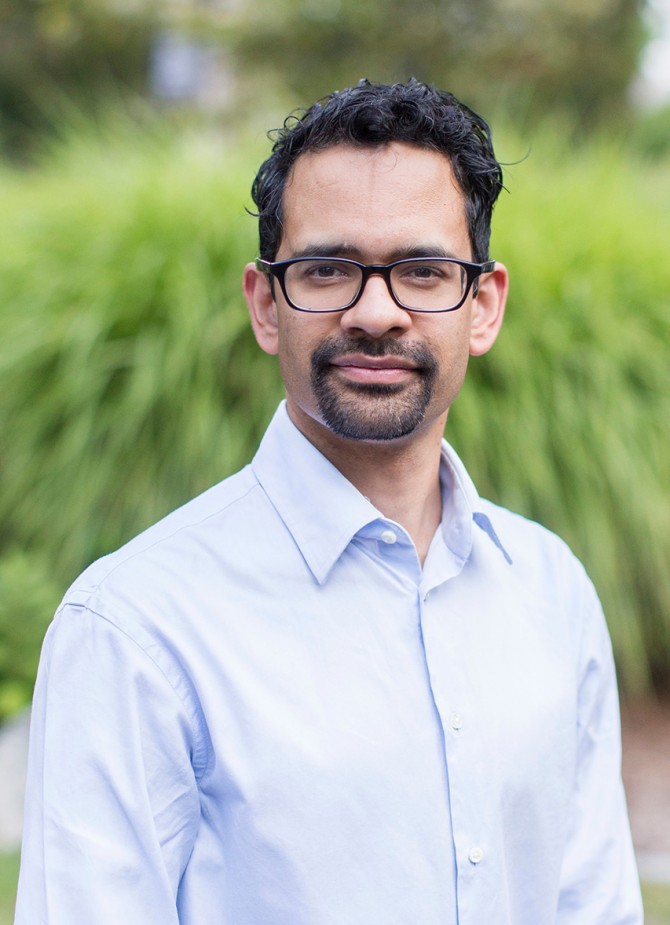Prize-winning historian to speak on return of ‘monsoon Asia’
By Jonathan Miller
In the 1930s, the notion of “monsoon Asia” was widespread in the fields of geography and anthropology. Its adherents saw climate, and particularly the seasonally reversing monsoon winds, as central to understanding the commonalities among India, Southeast Asia and southern China.
Monsoon Asia had largely disappeared as a geographical category by the 1980s, but now it is back, says historian and MacArthur Fellow Sunil S. Amrith. Its return has been especially notable in climate science, where new research is investigating the impact of human activity on monsoon patterns. But it has also reappeared in the humanities as a way to conceive of transregional connections.
Amrith will explore the material and intellectual history of the monsoon Asia idea, as well as its potential and limitations in writing interAsian histories, in a lecture titled “Monsoon Asia: The Past and Future Imagination of a Region” Thursday, Nov. 15 at 4:30 p.m. in Room 251 Malott Hall.
Amrith is the Mehra Family Professor of South Asian Studies and Professor of History at Harvard, where he chairs the Department of South Asian Studies. His work examines the movement of people, ideas and institutions between South and Southeast Asia.
He is the author of many books and articles, including “Crossing the Bay of Bengal: The Furies of Nature and the Fortunes of Migrants”(2013)and the forthcoming “Unruly Waters: How Mountain Rivers and Monsoons Have Shaped South Asia’s History.” He was named a fellow by the MacArthur Foundation in 2017 and received the 2016 Infosys Prize in Humanities.
Amrith’s talk is part of the Mario Einaudi Center for International Studies’ Distinguished Speaker Series and is cosponsored by the South Asia Program.
Jonathan Miller is associate director for communications at the Einaudi Center.
Media Contact
Get Cornell news delivered right to your inbox.
Subscribe

